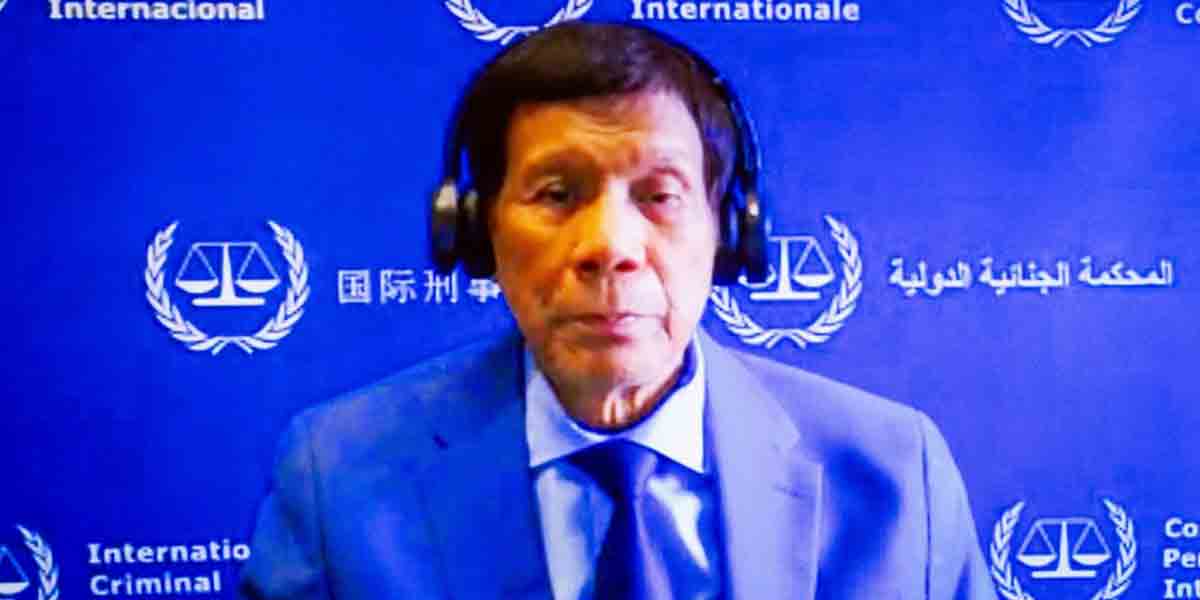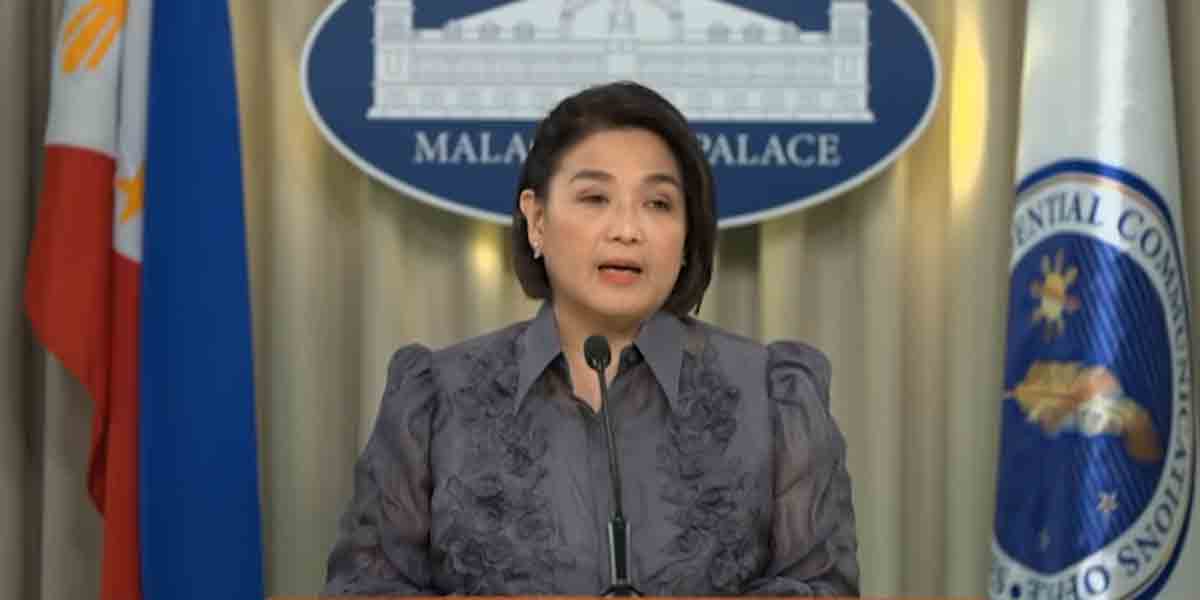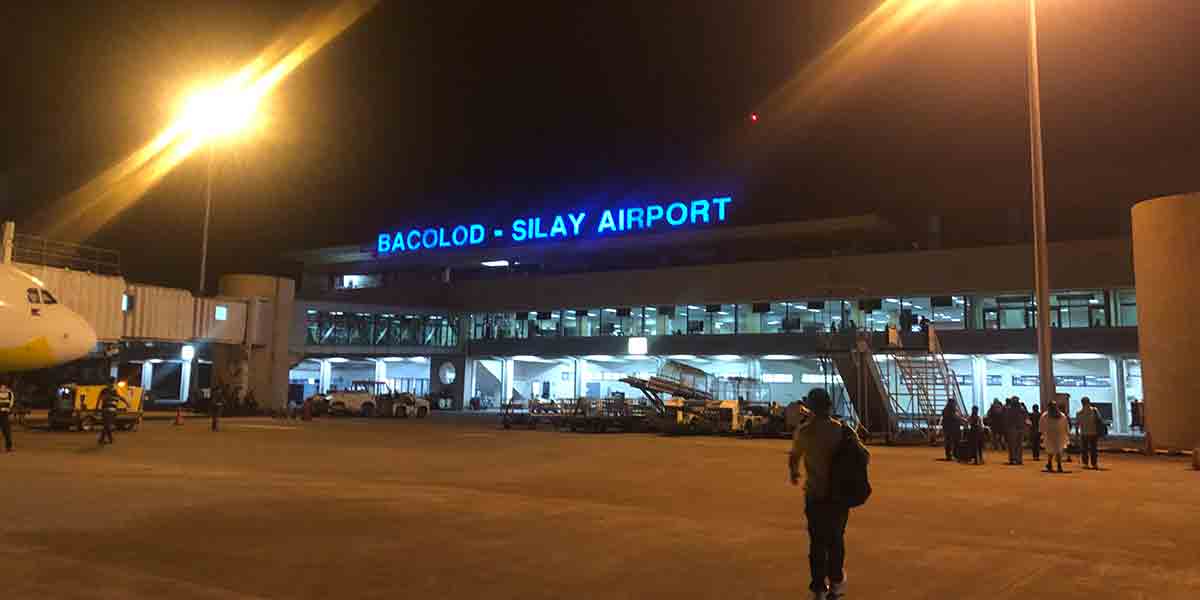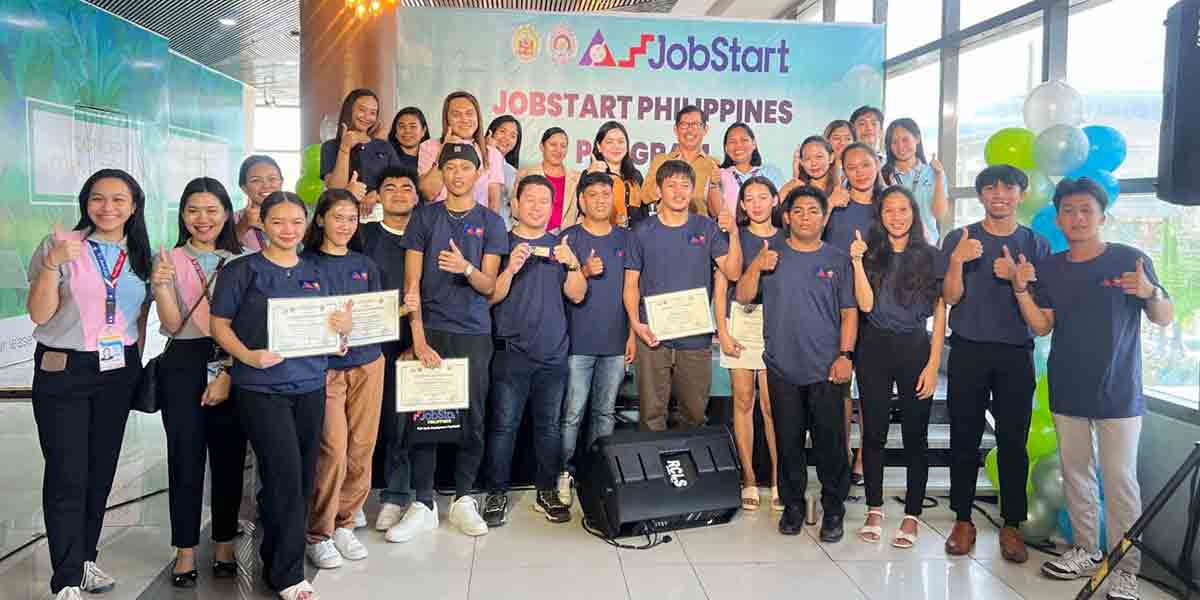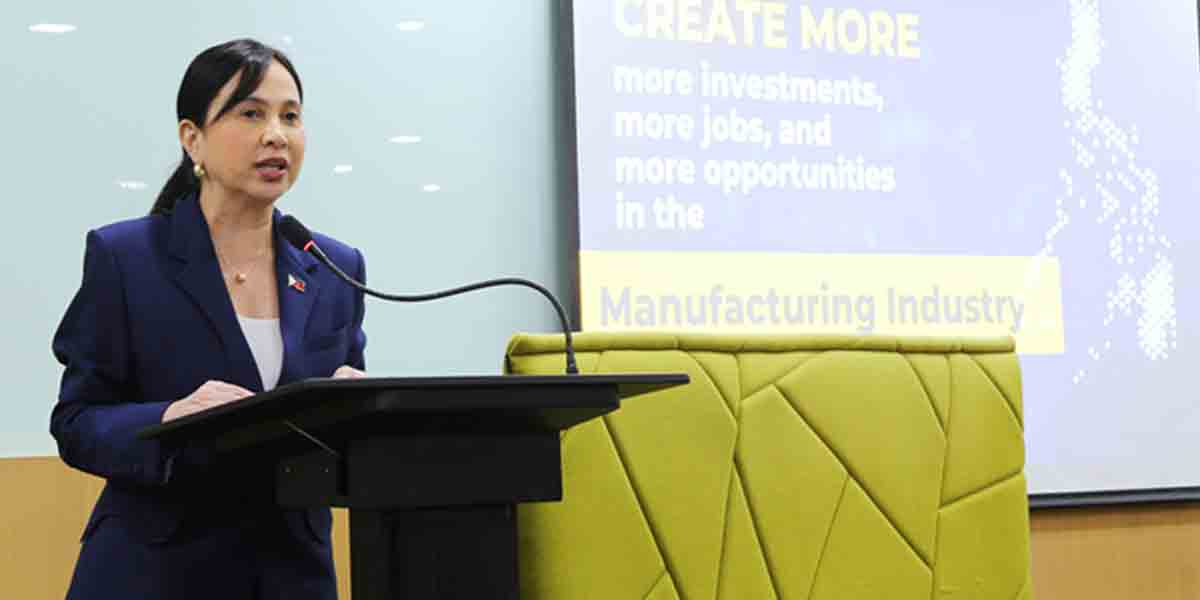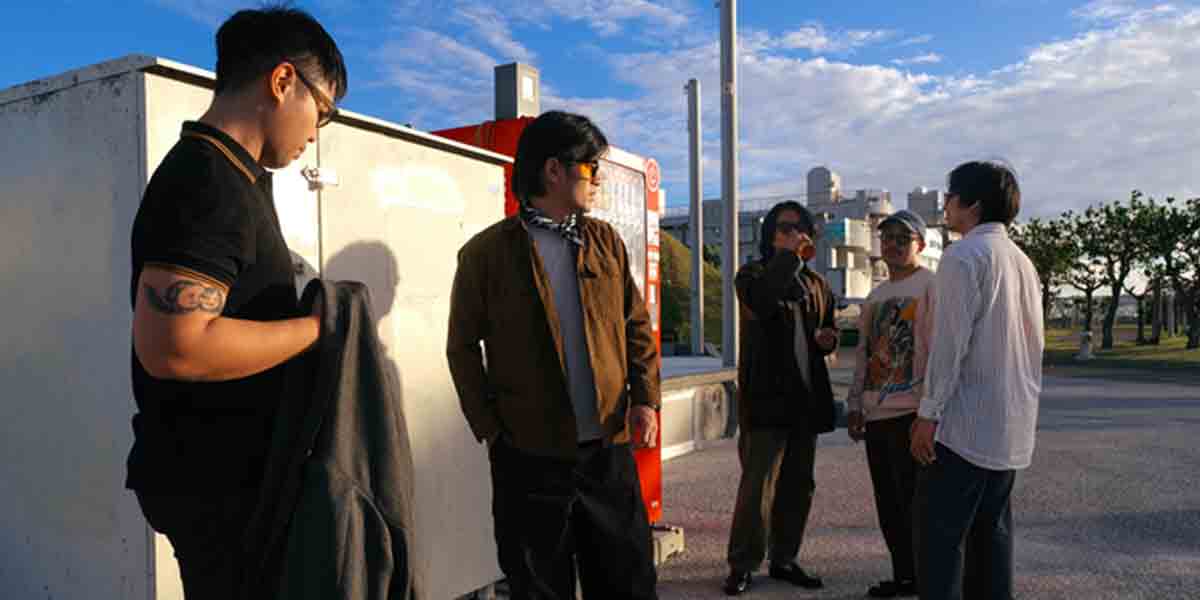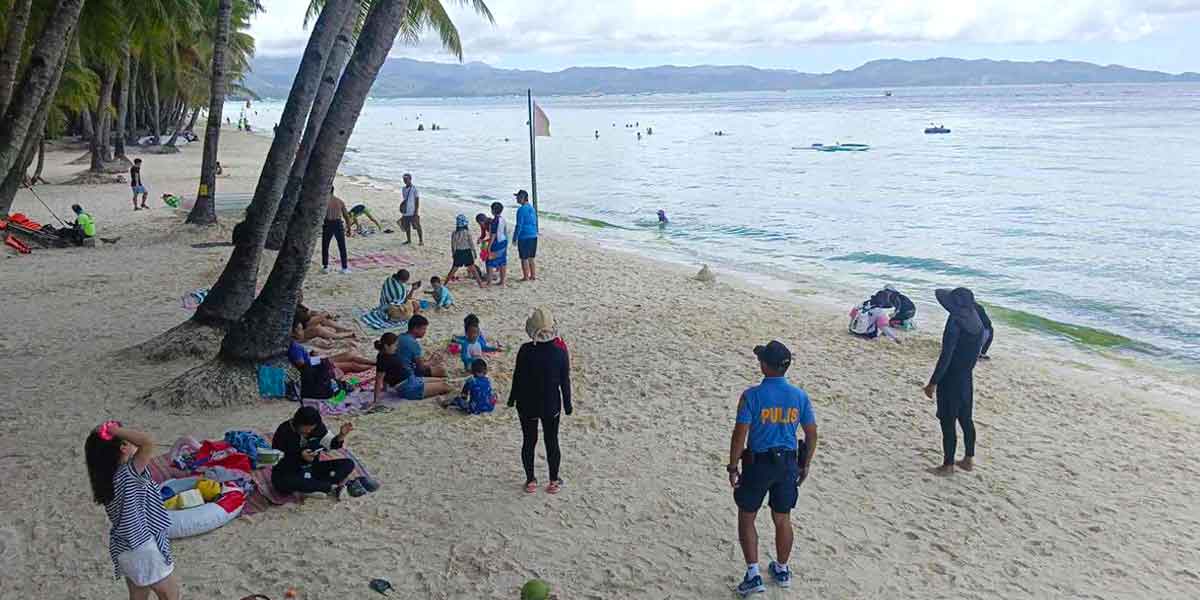
By Joseph Bernard A. Marzan
A political analyst said Friday, November 15, that media will play a crucial role in the Philippines’ 2025 national and local elections by helping voters make informed decisions, drawing lessons from the recent United States elections.
Daily Guardian resident political analyst Michael Henry Yusingco told Daily Guardian on Air that a key factor in the U.S. elections, which saw former President Donald Trump poised for a potential return to Washington, was the presence of independent media amid a turbulent information landscape.
“Even if their information ecosystem is full of misinformation and disinformation like ours, they have media and civil society organizations that are fiercely nonpartisan. Their only objective is to help voters decide who to vote for,” Yusingco said.
“Our responsibility should not be to lean on a particular vote, but to ensure that our voters are in the proper mental space on election day. They should have enough information and enough defenses against disinformation circulating in the ecosystem,” he added.
Yusingco emphasized the media’s continuing importance in political discourse, pointing to the Daily Guardian’s November 13 editorial on premature campaigning and the information campaigns led by civil society organizations about the roles of positions up for election.
“If a voter knows what the job of a senator actually is, it can help them evaluate, ‘Whom should I be putting in the Senate if their job, for example, is to write laws?’” Yusingco said.
He urged the media and the public to hold candidates accountable for their campaign promises early on.
“We have to be unforgiving, starting from the campaign stage, especially in the media, because we have the power and the venue for it, to challenge them from the beginning,” he said.
“What are your policies? What are your programs? When they [answer], we challenge them further [on how they can implement these promises].”
“Politicians should not see the media as an institution to promote themselves but as one to respect. This institution is a bridge to the people. Our journalists should also see themselves as acting on behalf of the people,” he said.
Yusingco cautioned against blurring the lines between journalism and politics, noting, “The problem is that many media practitioners also run for elections, so the lines blur.”
On the 2024 U.S. presidential elections, Yusingco said Trump’s policies resonated with voters, particularly on immigration, which appealed to many Latino voters.
He highlighted the Republican Party’s messaging, which focused on wealth inequality, rising living costs, and housing unaffordability—issues that struck a chord with voters.
“What we can learn from this is that U.S. voters are clear about what they are looking for. If they don’t see these qualities in a candidate, they won’t vote for them,” Yusingco said.
“Trump’s anti-immigration policies, strong stance on Christian values, and alignment with Latino voters, especially male Latinos, demonstrated how candidates’ platforms must resonate with voters’ personal concerns. This alignment was not evident with the Democrats,” he added.

